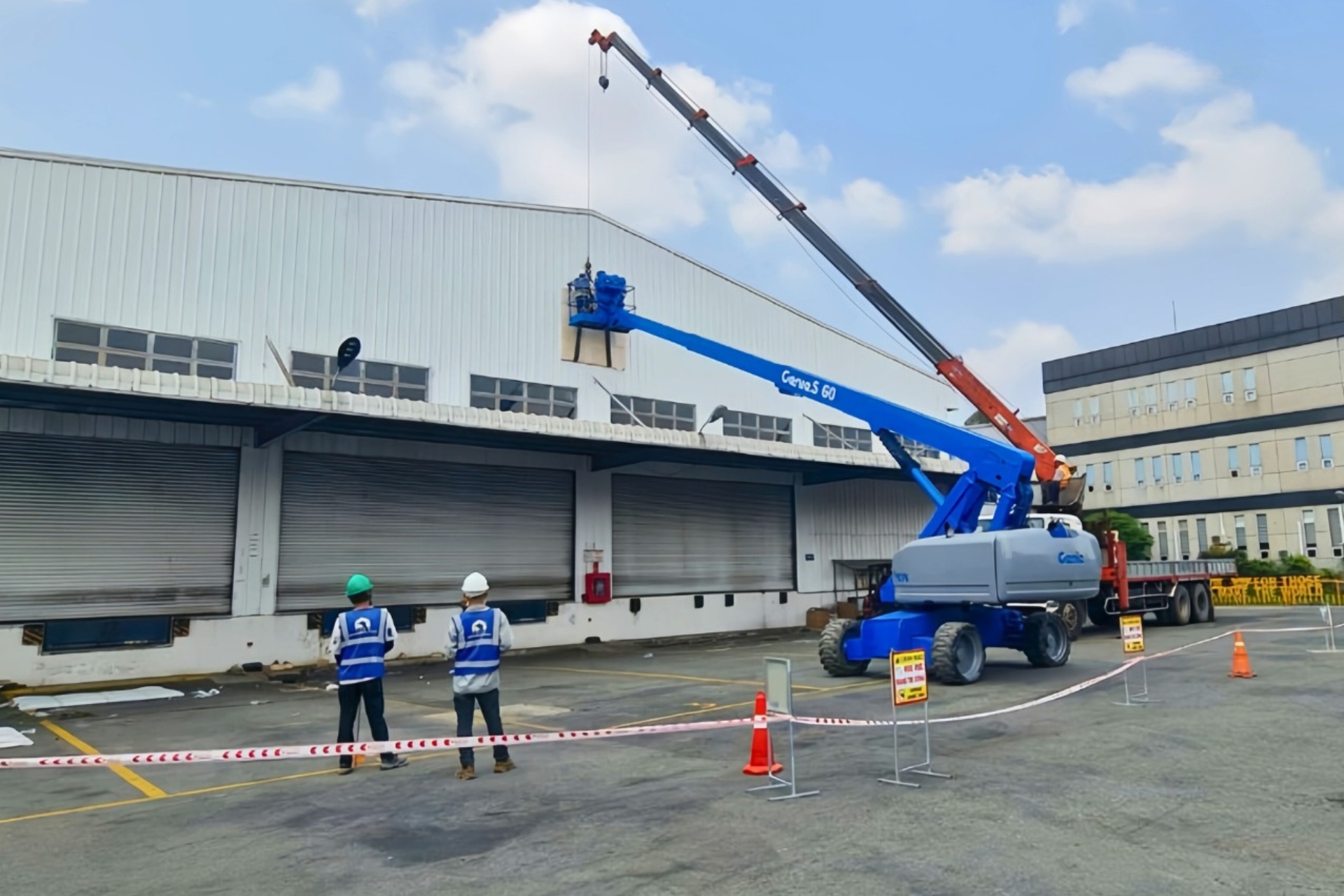
Essential Regulations for Factory Renovation
The industrial sector in Vietnam is experiencing significant growth, accompanied by a rising demand for converting the intended use of factories. For example, many facilities that were originally mechanical manufacturing workshops have been transformed by businesses into warehouses, showrooms, distribution centers, or even food and medical processing zones. However, not all businesses fully understand or grasp the legal regulations involved in repurposing factories. This leads to legal risks and considerable additional costs. In the article below, let’s explore in detail with TECO the legal regulations involved in factory renovation and the standard implementation process.
What is Factory Renovation?
Factory renovation is the process of repairing, upgrading, altering, or adjusting the structure, functionality, or technical systems of an existing factory to meet new usage demands or to comply with safety, operational, and aesthetic standards as regulated by law and actual production requirements.

The definition of factory renovation.
Purposes of Factory Renovation
Below are common purposes for conducting factory repair or upgrading:
-
Functional conversion: For instance, converting a storage warehouse into a production facility, or a mechanical workshop into a food processing zone, etc.
-
Technical infrastructure upgrades: Enhancing systems for electricity, water, ventilation, lighting, drainage, wastewater treatment, etc.
-
Increasing usage capacity: Adding production areas, expanding floor space, improving workspaces.
-
Legal compliance: Renovating factories to meet updated fire prevention, environmental, and occupational safety standards.
-
Reuse of existing buildings: Renovating old factories to save on new investment costs.

Purpose behind factory renovation.
Legal Regulations on Factory Renovation
Below are legal regulations related to the repair and renovation of factories as stated in the Construction Law 2014 and related documents.
Ensure Technical Safety
All maintenance or renovation activities must strictly follow current technical standards. The goal is to ensure the structure remains stable, load-bearing, and safe for workers, users, and neighboring areas after renovation. Safety assessments and checks must follow proper procedures, based on construction standards, infrastructure, and installed equipment.
Comply with Fire Protection Regulations
Throughout maintenance and renovation processes, the fire protection system must be inspected, maintained, and upgraded if necessary to meet current technical standards. Ensuring the fire prevention and fighting system operates effectively helps minimize risks of fire and explosion, protecting both property and human life. Key components to be addressed include: fire alarm systems, automatic fire suppression, escape routes, and handheld fire extinguishers.

Ensure to comply with fire protection regulations.
Ensure Environmental Protection Requirements
All renovation and maintenance activities must strictly follow environmental protection regulations. This includes noise control during construction, proper handling of construction waste, minimizing dust and negative impacts on surrounding environments. Proper compliance demonstrates legal adherence and supports a safe, sustainable production environment.
Alignment with Approved Planning
Factory renovation activities are only permitted when they align with approved construction plans, urban plans, or industrial zone plans authorized by competent authorities. Following planning regulations helps avoid legal risks and ensures harmony in architecture, infrastructure, and general landscape.

Alignment with approved planning.
Complete Legal Documentation According to Regulations
All factory renovation and maintenance activities must be carried out with clear legal documentation, in accordance with Decree 06/2021/NĐ-CP and related laws. Required documents include: construction permits, renovation design drawings, acceptance records, environmental impact assessments (if applicable), and relevant technical documents. Complete documentation not only ensures legal transparency but also supports effective management, inspection, and auditing later on.
Complete legal documentation according to regulations.
Important Notes to Avoid Legal Violations When Renovating Factories
Non-compliance with regulations during factory renovation can lead to serious consequences such as wasted time, increased costs, or heavy penalties. Below are some critical notes:
-
Do not renovate without a proper permit: This is a legal violation and may result in administrative penalties and forced restoration to the original state.
-
Do not change functionality beyond land use planning: For example, industrial land zones cannot be converted into service businesses for residential use.
-
Post-renovation inspections and reports must be submitted to relevant management agencies.
-
Only hire certified design and construction units to ensure legal compliance and construction quality.
Conclusion
Factory renovation is a smart solution to optimize the use of industrial real estate. However, to avoid legal risks and ensure operational safety, investors must clearly understand the laws, prepare proper permit documents, choose reputable contractors, and strictly follow the required procedures. TECO hopes this article helps business owners better understand the legal regulations and important notes when renovating factories.
Contact TECO for free consultation on upgrading factory solutions tailored to your business.



